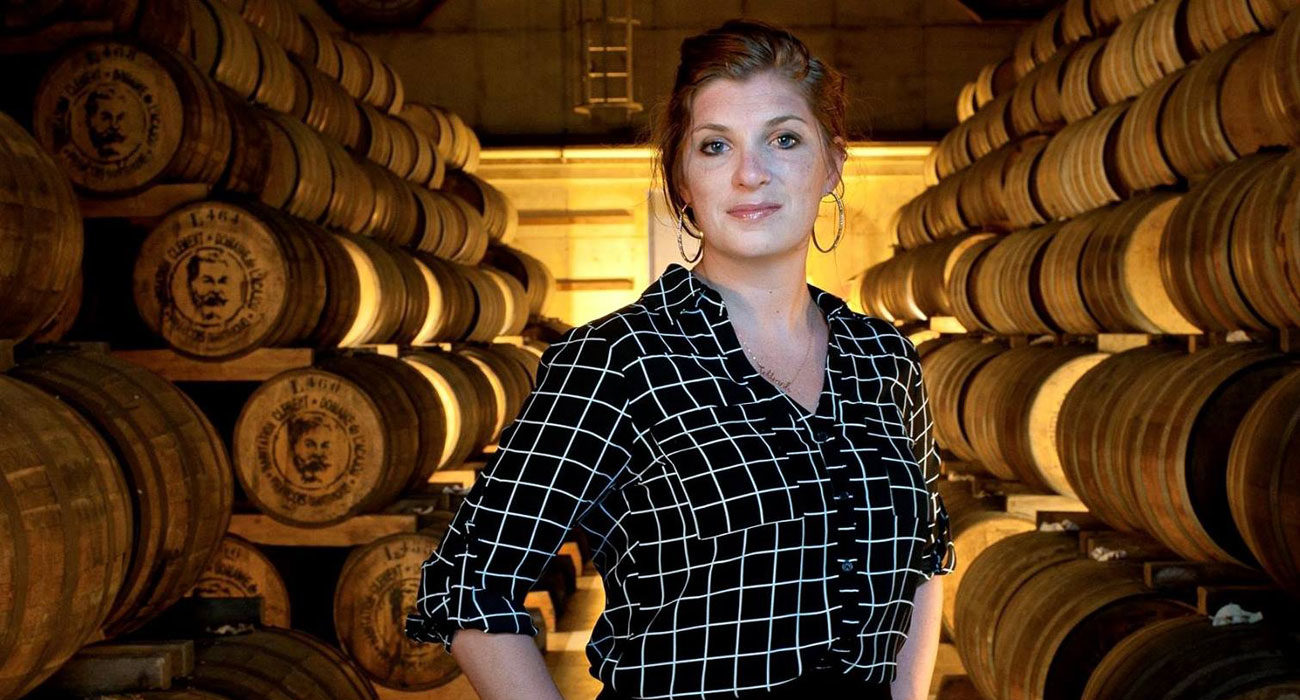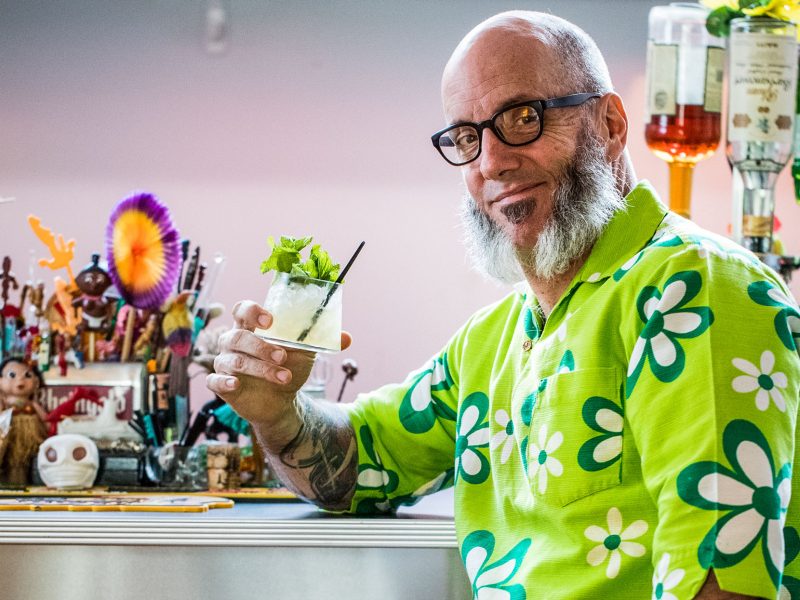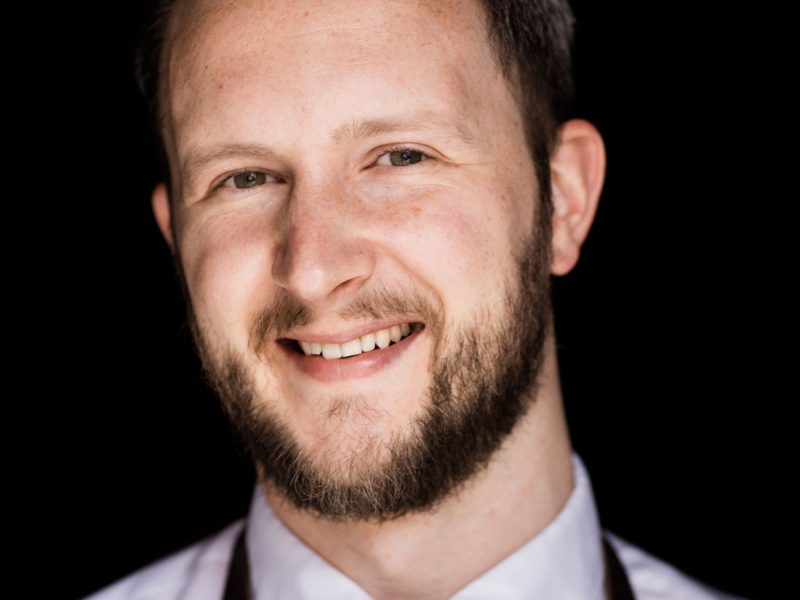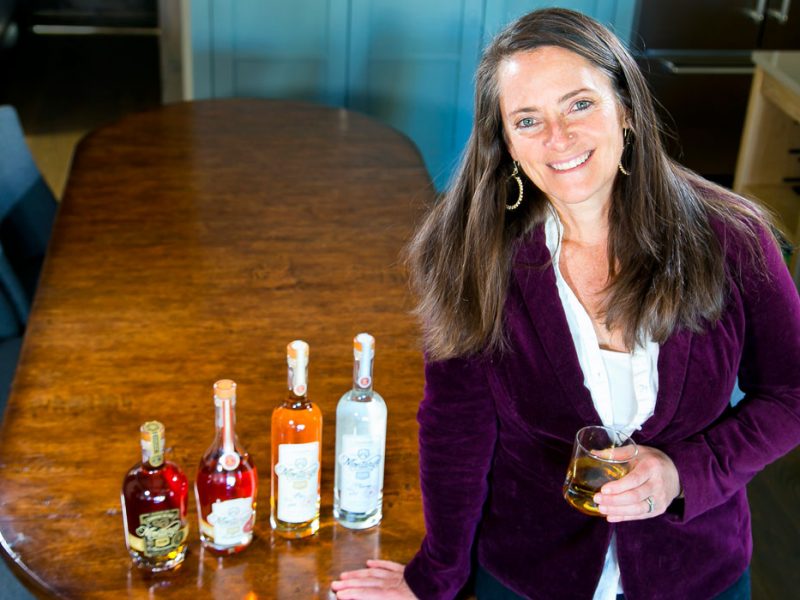I think my story of rum is a bit backwards from most rum people. I started mixing cocktails at the age of eighteen in New Jersey, and the only rum I was pouring was in the form of Bacardí Limón and Diet Coke.
As my cocktail skills progressed beyond Alabama Slammers and Washington Apples, so did my palate, and eventually I became an agave spirits lover—which probably had more than a little to do with my relocation to Los Angeles. I visited ten tequila distilleries before ever visiting a rum distillery. One day about eight years ago, after working a long brunch shift, my bar manager made me a shift drink he called a Ti’ Punch. It was like a lightbulb went off in my head. I had seen that funnily-spelled bottle of rum on the shelf but didn’t know much about it. It had a lot of the raw complex characteristics I appreciated from agave, but it was so much more. I needed to learn more, and now. I read all that I could about this magical French place called Martinique where Ti’ Punch was consumed at all hours of the day. I read how this simple little cocktail could so fully embrace the spirit, culture, and pride of an island and its people. I was mesmerized. I set a goal to save up and visit this magical place within the next two years.
Maybe it was because I was moronically carrying fifteen SKUs of Rhum Agricole at the most sceney bar on Sunset Blvd, or that my insane obsession with such an esoteric spirit had traveled by word of mouth, or possibly it could have been that my Facebook profile stated my job as the “Agricole Slut at the Eveleigh” (maybe not the best judgement call) but eventually fate aligned me with the meeting of Ben Jones, the great-grand-nephew of Homère Clément. Poor guy—to say I didn’t harass and send him my résumé and job proposal every three months for a solid year would be a lie. Eventually my persistence paid off and I was offered a meeting, and five years later, here we are.
That really doesn’t answer the question here though—and yet it does. What does rum mean to me? It’s not about the variety of sugarcane or the yeast strain, and whether it’s proprietary or not, or if the ester levels are over 200 gr/hL AA. Yes, these things are all integral to the outcome, flavor, and quality of a product, but ask any Martiniquais what their favorite rhum is and why, and they will tell you “the one that’s made right there” and “because it’s made right there.” Most people of the islands don’t know or care about the things that we’ve all become obsessed with; for them it’s about the tradition, heritage, and familiarity of these products they grew up with. Rum is emblazoned in history more than any other spirit. I look forward every day to the opportunity to spread the spirit, stories, and history of r(h)um to bartenders and rum lovers in the United States. It truly is the best job in the world.




